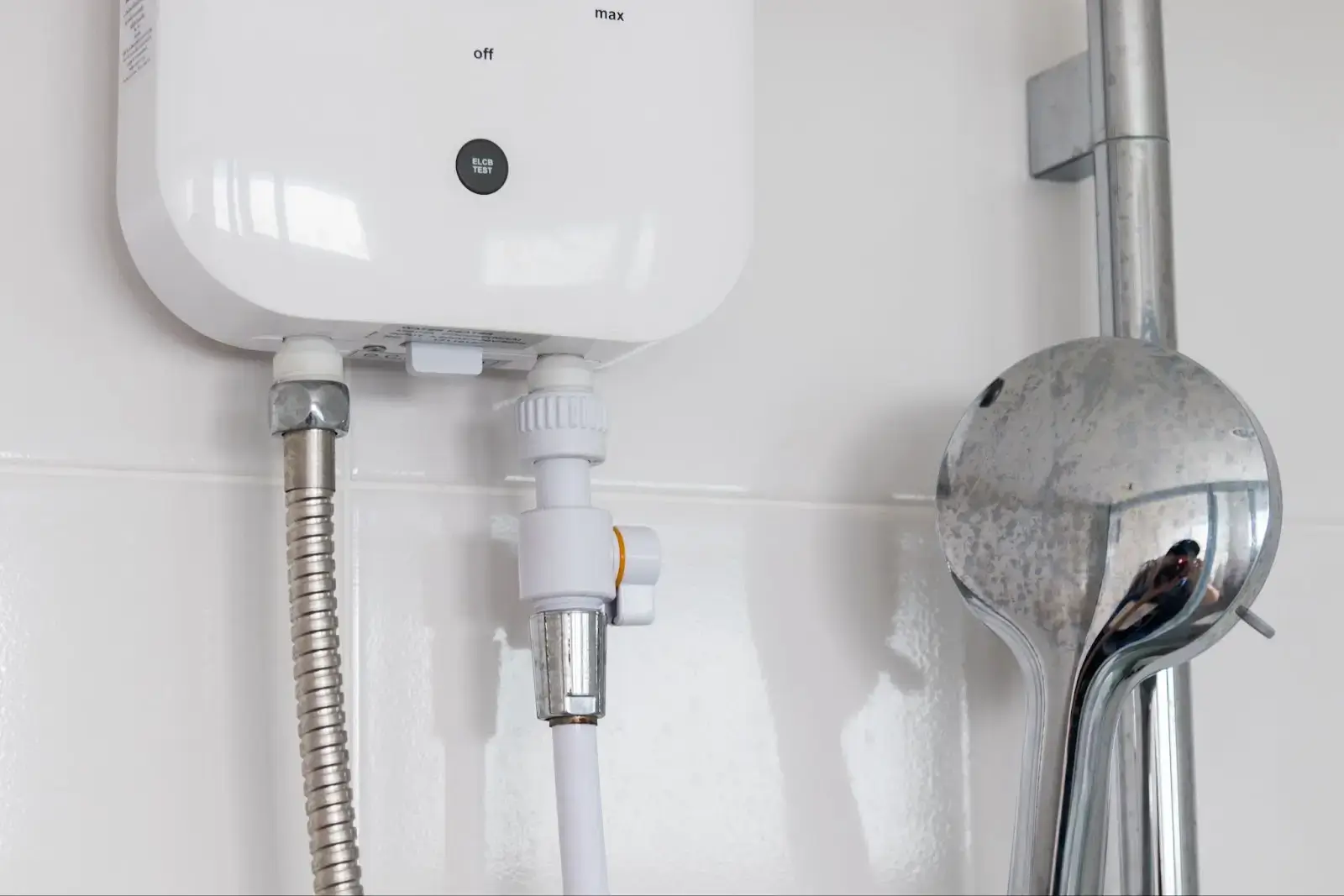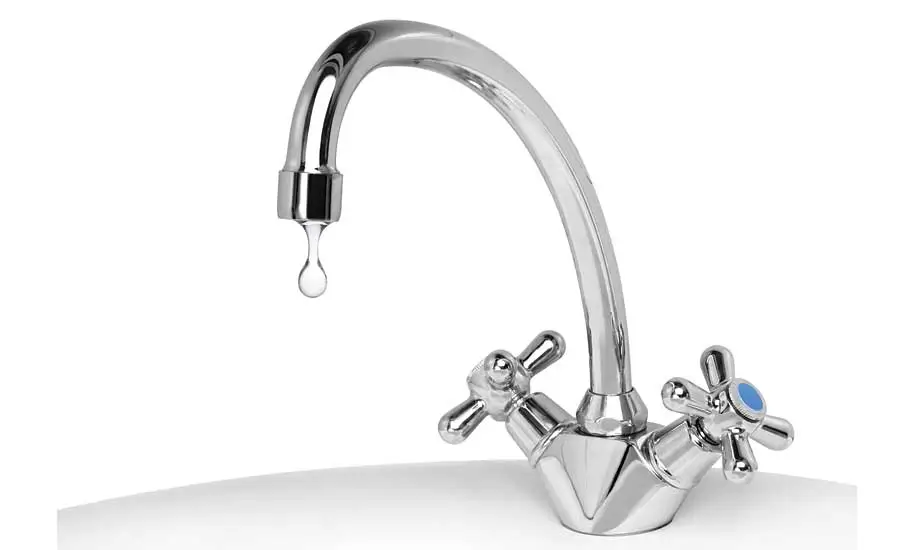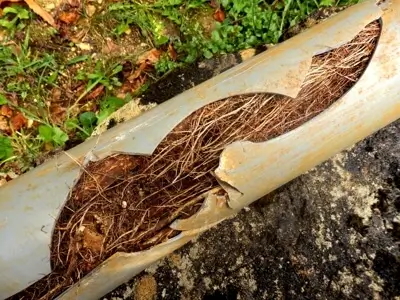Both a heat pump and furnace installation can warm indoor environments. Your home heating systems help keep your family toasty when the temperature drops outdoors.
However, not all heating mechanisms are created equal. Some homes have heat pumps, while others have furnaces.
If the burning question of "do I have supreme heating warming up my home?" lives rent-free in your mind, read on to know more about the Heat Pump VS Furnace debate.
Heat Pump VS Furnace
We know you came here hoping to find a quick read, but the answer to the question, "are heat pumps better than furnaces," remains highly debated. What's the difference? A lot.
You might not find a direct answer online, mainly because they each have pros and cons. While they have similarities and serve the same purpose, their systems can immensely differ.
Let's kick things off by saying both the heat pump and furnace heating system can be energy-efficient in their own right. However, their main difference is how they facilitate heat.
Furnaces burn fuel and other gaseous oils to generate heat, while heat pumps work by conditioning air to fit your desired temperature. They provide your home with heat through different means and varying sources.
Let's see which of these two makes the right heating system for your home.
How Heat Pumps Generate Heat
Heat pumps work off the inside and outside air, conditioning it to your preferred temperature. A heat pump system makes a more efficient choice in states with hotter or more humid climates because they can facilitate heat in and out of your home.
If temperatures get too high in your home, heat pumps can extract warm air indoors to help alleviate the heat during the summertime.
Heat pumps are versatile in thermodynamic management and can manipulate existing air to a wide variety of temperatures.
Air Source Heat Pumps
Air source heat pumps transfer heat from the air into water and uses the heated water to spike temperatures through radiators and floor heaters. However, heat pumps can also heat tap water for baths and showers by using the heat in outdoor air and using it to adjust your water supply's temperature.
The heating process of an air source heat pump requires three significant steps involving two states of matter:
- Gas
- Liquid
- Heat in the air is absorbed in fluid form.
- The fluid is transmitted into the heat pump through heat exchangers.
- The heat is transferred to a mechanism that provides warmth where (ambient or fluid) you need it.
Water Source Heat Pumps
A heat pump doesn't generate its heat as a furnace does. It utilizes various natural resources to alter temperatures in your home.A water source heat pump works not by extracting heat from hot air. This heat pump has pipe attachments submerged in a natural body of water, absorbing energy instead of thermal particles and converting them to heat energy before transmission through the heat exchanger.
There are two kinds of water source heat pumps:
- Closed loop
- Open loop
While the open loop type utilizes the surrounding water as the transfer fluid, the closed loop heat pump contains a transfer fluid encased in sealed collectors. The inner fluid courses through the collector in a circular motion and uses the energy it generates to produce heat. The collector may be submerged, but the transfer fluid never directly interacts with the outer fluid.
Geothermal (Ground Source) Heat Pumps
Geothermal heat pumps fulfill your heating needs using an energy-efficient air-to-air method. Its process may be likened to other heat pumps, but geothermal heat pump systems undergo the thermal conversion process with more energy efficiency.
These heat pumps heat efficiently, utilizing fewer resources to provide users with the same results. While most heating systems require a combustion chamber, a geothermal heat pump does not use one. It doesn't burn fuel or have any combustion-inducing elements in its process. Geothermal heat pumps aren't producing greenhouse gas emissions, increasing energy efficiency, and providing more sustainable heating.
These innovative heating systems are effectively paving the way for more sustainable forms of heating and cooling. A heat pump isn't only applicable when temperatures drop; having one at home can help you lower temperatures, like an air conditioning system!
Heat Pumps in Air Conditioners
Air conditioners have internal heat pumping systems which manage temperatures and help condition the air. While an air conditioner utilizes a heat pump to facilitate heat, it doesn't make it a heat pump system and vice versa. An air conditioner like a heat pump also filters contaminants to preserve your home's indoor air quality. They both have an indoor air handler unit connected to an outdoor unit and are linked by ducts or coils.
This fact may be confusing to some, but an air conditioner can't pull off the same functions as a heat pump without having one built-in or being connected to a furnace installation. A standalone air conditioner is a cooling system that can only filter out contaminants and extract ambient heat, which isn't as helpful during winter months or in areas with colder climates.
How Furnaces Generate Heat
Furnaces are nearly a thing of the past. While they may be affordable right now, with most older homes having a furnace installation to provide warm air indoors, they are not the most sustainable heating device.
They arguably fight against the outdoor temperature better because they don't rely on sustaining the heat from surrounding natural resources. A gas furnace, for example, generates its own heat through the combustion of different fossil fuels.
Natural Gas Furnace
Natural gas furnaces, and propane furnaces, come as a singular outdoor or indoor unit. A natural gas furnace is an air handler that burns propane to create heat and heightens temperatures. Outside air affects the efficiency of your gas furnace, and cold air calls for more burning leading to more harmful emissions. However, there are more environmentally sustainable furnaces than gas furnaces.
Electric Furnace
While a gas furnace burns natural gases, you can liken an electric furnace to an air-to-air source heat pump or hand dryer. It absorbs air and heats it through its internal heat exchanger before redistributing the air with altered temperatures through your home's air ducts and vents. Its conversion rate hits 100% against other furnace types that only sustain up to 80% margins, which helps its energy efficiency but can come at higher installation costs.
Oil Furnaces
The oil furnace may be the most "sustainable" type of furnace for both residential and industrial use. Unlike electric furnaces, oil furnaces can help you save money on your monthly utility bills. While electric furnaces are more environmentally friendly, they cost more to maintain. On the other hand, a gas furnace may be cheaper. Its expense comes at the cost of burning through the ozone layer, but both furnaces use more energy than the oil furnace. Unfortunately, this furnace isn't used for a dual fuel system that is more effective in cold climates.
Dual Fuel System
A dual fuel system may not be the most energy-efficient or environmentally conscious combination. Still, some of us can suffer living in an exceptionally cold climate with persistently cold weather. Colder climates might call for dual heat sources, with one primary provider combined with a backup heat source.
A cooling unit might make a better investment for those in Portland. It isn't advisable for those living in areas with a mild climate prone to consistently hot weather. A dual system comprises a gas furnace and heat pump air conditioner, and both heating devices make air quality more comfortable despite the below-zero outdoor temperature.
Heat Pump VS Furnace: Energy Efficiency
We think the verdict is evident here regarding energy costs and efficiency—the clear winner for the overall efficiency in heat pump VS furnace: the heat pump.
We think what you should be thinking about is the heat pump debate! Let the professionals weigh in if you don't know where to begin and need help deciding! Starting with, "which heat pump is best for my family?"
Heating System Installation and Repairs
When it comes to an HVAC system, our team knows best. If you are ready to switch out that old furnace for newer designs in the name of efficiency, give us a ring! We're here for you whether you need a heat pump repair or a furnace replacement.
Sunset Heating & Cooling Electrical
Even if it's just your pilot light not turning on, or you are worried about unusual sounds coming from your heater's outdoor unit, leave your worries to us. Residents in Portland and surrounding areas can call us for immediate concerns. Feel free to check out our list of services and book an appointment online. We can also clean out your old systems and give them a tune-up before winter rolls around. You would not want to have your systems break down right in the middle of the coldest season of the year







